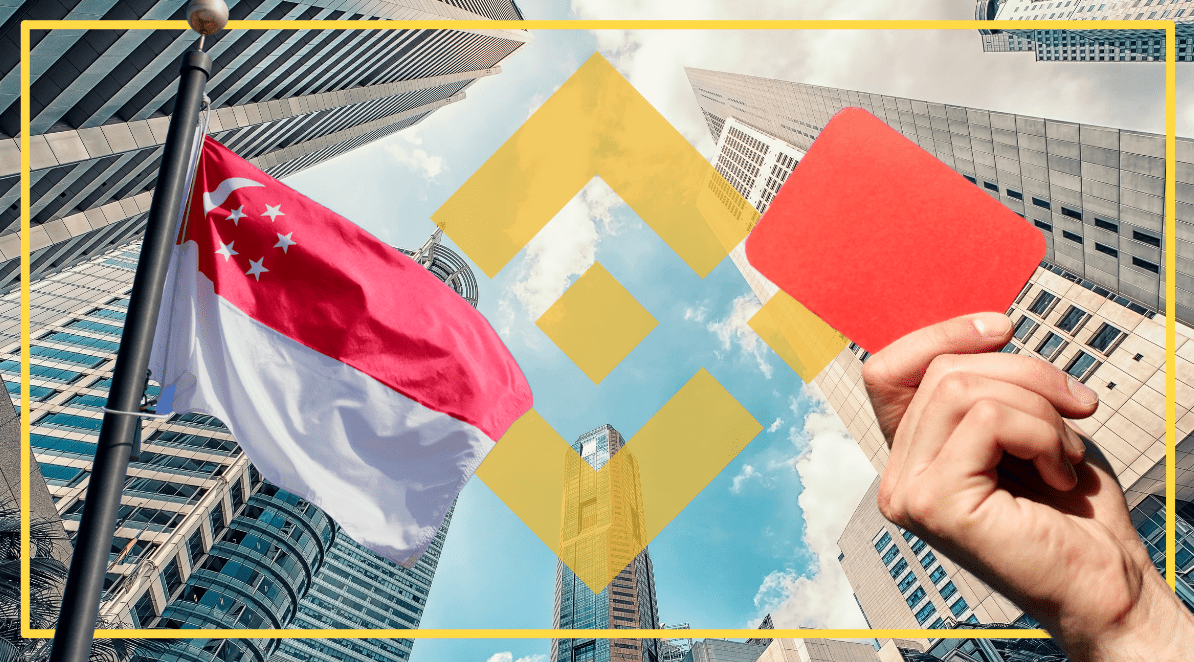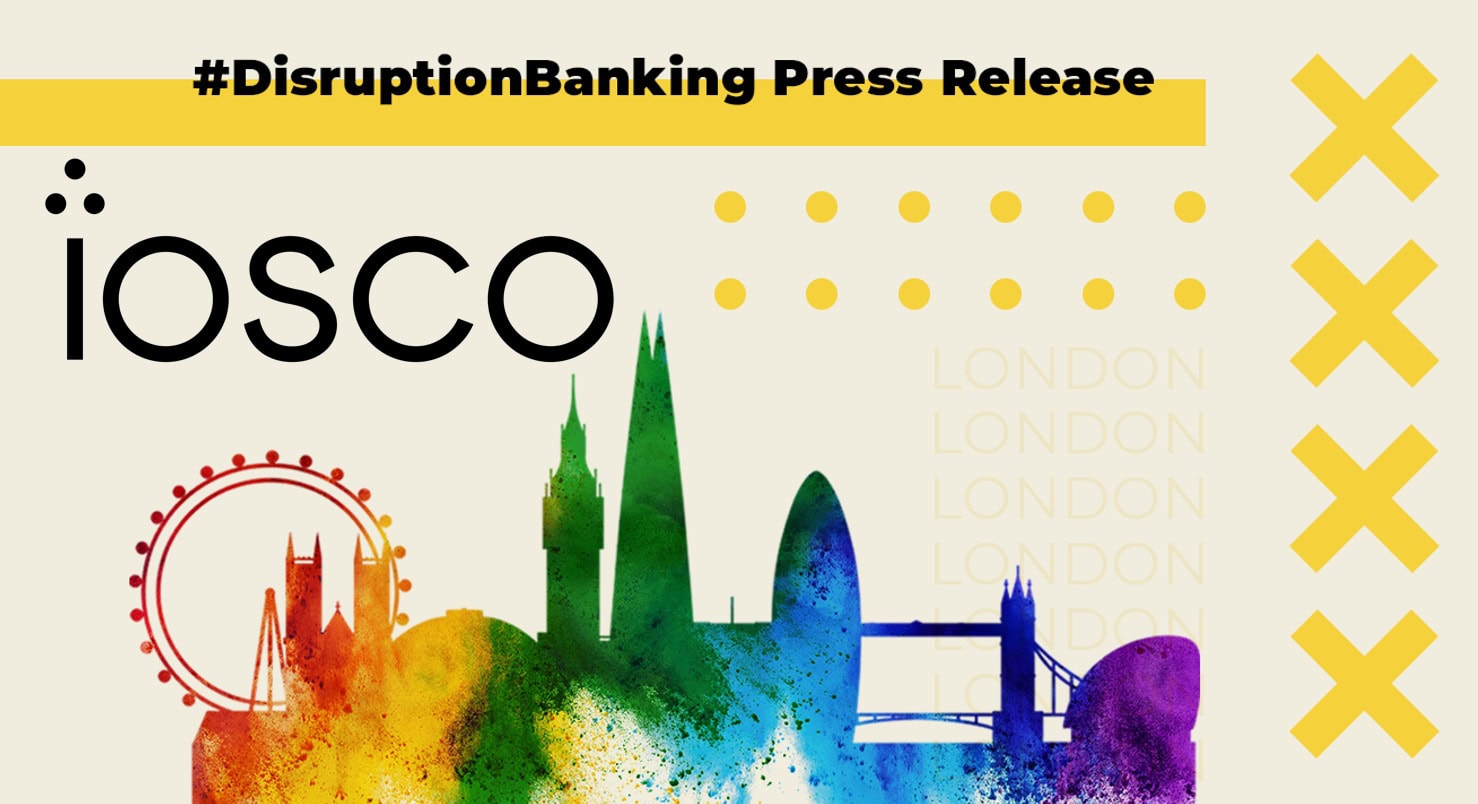Earlier in December we heard the news that Binance had withdrawn its application to obtain a cryptoexchange licence in Singapore. This followed frequent clashes with the regulator in Singapore, which in September prompted Binance to ban its users in the country from trading on its global platform. The idea was to shift these users onto a licenced domestic platform, which complied with the requirements of the Monetary Authority of Singapore (MAS). However, this has not proved to be possible and therefore the company is now taking steps to wind down the cryptoexchange completely in Singapore – a process that should be completed by early 2022.
Binance abandons plans for Singapore crypto platform https://t.co/ATwt9bBcIP
— Finance News (@ftfinancenews) December 13, 2021
While Binance has experienced tension with many regulators around the world, this dramatic development has nonetheless come as a surprise to many. After all, Singapore has often tried to emphasise its crypto credentials – and, after China launched a crackdown on the industry earlier this year, seemed well-poised to become the digital asset hub in Asia. As Arthur Cheong, Founding Partner at Singapore-based crypto hedge fund DeFiance Capital, told us in our previous feature: “I think that generally Singapore has been more forward-looking than some other markets.” But does this still remain the case?
To discuss of all this, we spoke to Chia Hock Lai, co-chairman of Blockchain Association Singapore.
Hock Lai began by reiterating his belief that Singapore fundamentally remains pro-crypto. While this might cause “a slight dent in the perception, it should not deter others from considering Singapore as a business hub.” The reasons for Binance’s inability to obtain a licence perhaps reflect more on the specific details of the case and MAS’ requirements – which Hock Lai described as “clear but stringent.” While he is “not privy” to Binance’s situation, it is possible that the company simply was not able to meet Singapore’s crypto licence requirements, which take into account “factors such as the track record, key personnel with adequate experience, a sustainable business model and absence of adverse records relating to directors and key individuals.”
Binance’s failure should not, however, detract from the many benefits which Singapore offers:
“Singapore is a relatively small retail market and we still provide one of the best regulatory clarity for crypto activities, on top of other advantages such as low tax, access to professional talents and superior geographical proximity to the fast-growing Southeast Asia (SEA) region. In addition, not all crypto activities are regulated – such as NFTs, blockchain gaming and the metaverse.”
Singapore has made a "cold calculation" to welcome crypto groups to the country while other parts of Asia like China and Hong Kong grow increasingly unfriendly to the sector
— Tabby Kinder (@Tabby_Kinder) October 1, 2021
Great piece by @mjruehl and @Urbandirt https://t.co/so0OpAheGB
This is reflected in the small but – for an emerging industry in a small city-state – impressive number of crypto firms operating in Singapore. As Hock Lai told us, “currently there are over 70 crypto firms that are operating on an exempt basis.” Various firms have obtained licences, such as Fomo Pay, TripleA, DBS Vickers, Independent Reserve and Coin Hako. Coin Hako is a home-grown cryptoexchange that, according to Hock Lai, has over 300,000 registered users in the country and an average of 150,000 monthly active users. All of these firms would have met the “clear but stringent” requirements that Binance did not. Does this debacle therefore say more about the company itself?
For Binance’s part, the company is now looking for other places to establish itself. Long without a formal HQ, the company’s CEO Chaopeng Zhao has committed to opening a global HQ and a number of regional offices. Singapore had been touted as a potential candidate – along with Dubai and Paris – but clearly a shift is required. Zhao recently dropped a not-so-subtle hint on Twitter as to where he may now be looking:
— CZ 🔶 Binance (@cz_binance) December 21, 2021
Indeed, Binance has now obtained its first regulatory approval in the Gulf – receiving an “in-principle approval from Bahrain’s central bank to be a crypto-asset service provider in the kingdom.” It has also signed a deal with the Dubai World Trade Centre Authority to collaborate on an “international ecosystem for global virtual assets.” According to his LinkedIn profile, Richard Teng, who joined Binance Singapore as its CEO four months ago, is now serving as the global company’s head for the Middle East and North Africa. All of this points in one direction. That said, it is not yet clear how, and to what extent, the authorities in the Middle East will seek to regulate Binance and other cryptoexchanges. But clearly there is an appetite to attract companies like Binance, to which Singapore does not feel able to grant approval.
As Hock Lai suggested, it would be unfair to pass judgement on Singapore’s credentials as a crypto hub on the basis of its dealings with Binance – despite some suggesting this symbolises the beginning of a less crypto-friendly era. After all, Binance has struggled with the regulators of the UK, US and many others across the world. Even though Singapore clearly has ambitions to be a leader in the digital assets space, this has to be within a rigorous framework for it to be viable – and for consumers to be protected.
Let us see how Binance fares as the cryptoexchange begins its new era in the Middle East.
Author: Harry Clynch
#Binance #MonetaryAuthorityOfSingapore #MAS #Singapore #Crypto #Cryptoexchange #Regulation #China #Blockchain #Paris #Dubai #Gulf #Bahrain















